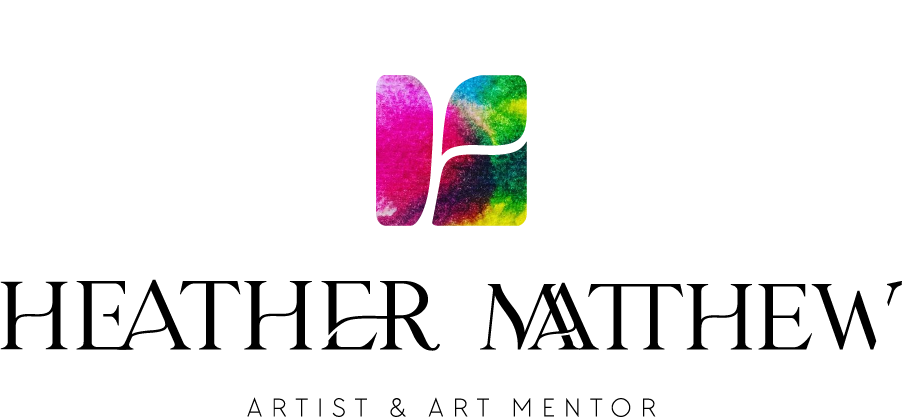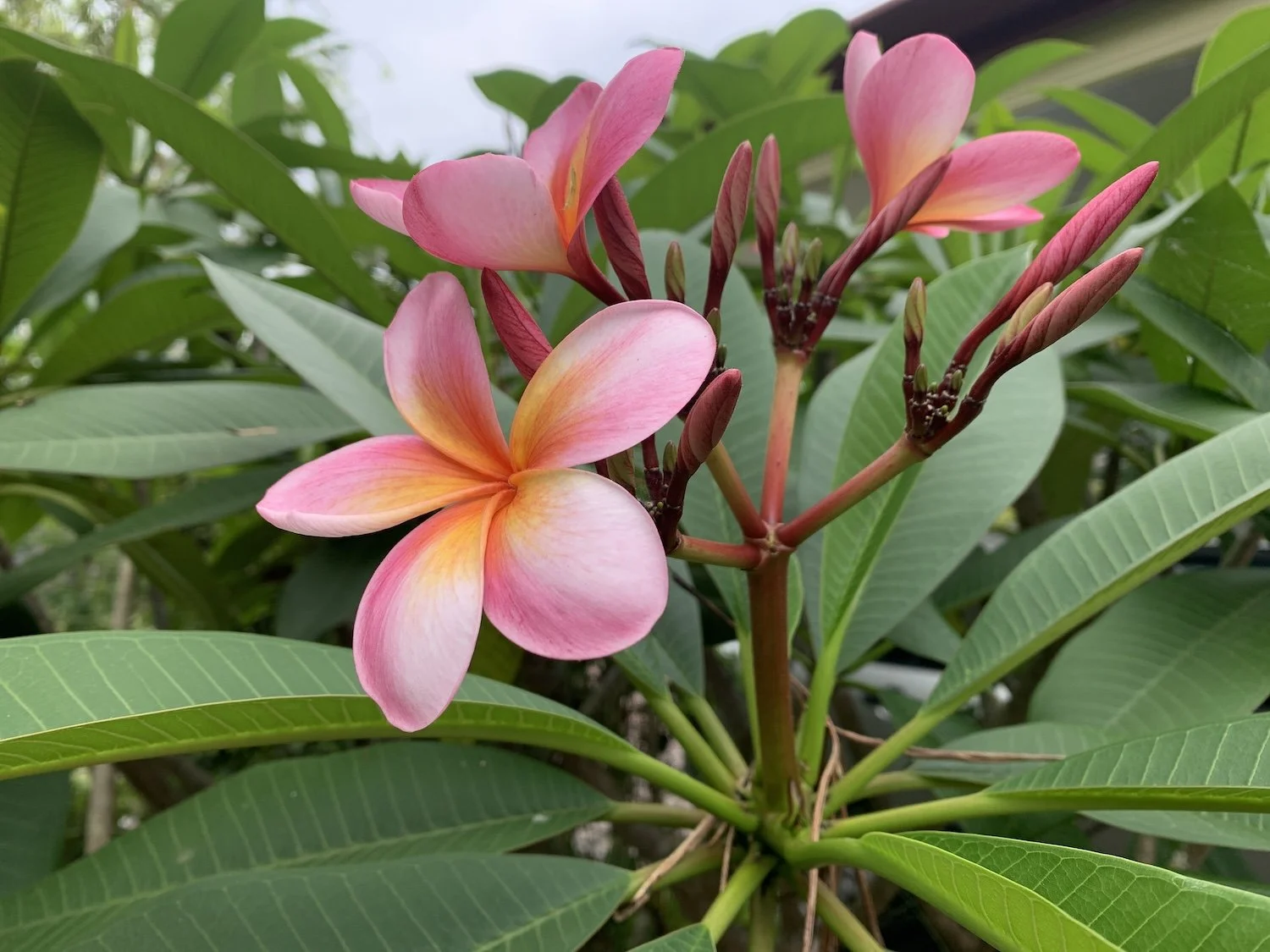Of Rabbit Holes, Flowers and Hope
A blooming flower inspired by Emily Dickinson’s poem Bloom
Today I was going to write something profound and inspiring about starting the new year.
However when I opened my computer, Maria Popova’s email newsletter The Marginalian popped up. These newsletters are dense with links to art, books, music, poetry, science and philosophy. Today’s offering was The Best of the Marginalian 2023.
The first article that took my interest was about a French seamstress Jeanne Villepreux-Power (1794-1871) who studied octopus intelligence. It started my journey down the first rabbit hole of the day.
Another series of links led me to Bloom, an animation of Emily Dickinson’s poem about a flower (I didn’t know that Dickinson created a herbarium and collected 424 wildflower specimens ), a Spanish flash mob performing Beethoven’s Ode to Joy and author Rebecca West’s assertion that “art is not a plaything, but a necessity”.
This was another rabbit hole worth jumping into. I continually ask myself about the relevance of art and creativity in all their many forms. Is art relevant and why? West writes
“If during the next million generations there is but one human being born in every generation who will not cease to inquire into the nature of his fate, even while it strips and bludgeons him, some day we shall read the riddle of our universe.”
After reading through all these articles and becoming fascinated with the intelligence of octopi , the joyful performance of music and flowers blooming; I finally found another link leading me to what I think I have been searching for this whole period between Christmas and New Year.
I have been rereading the classic children’s book series by Susan Cooper called The Dark is Rising. Some years ago, author Robert McFarlane and poet Julia Bird ran a mid winter (northern hemisphere) reading group on Twitter where people from all over the world read the Dark is Rising book which is second in the five book series. You can read why he thought it important in this article in the Guardian.
I found myself drawn to this rereading, partly because it is such a great book, but also in an endeavour to make sense of the world’s collective anxiety and the conflict(s) we are witnessing. I have been trying to understand the nature of duality and finding hope when we witness war and the looming threat of totalitarianism.
In 1941 John Steinbeck wrote in a letter, that he had not lost hope.
“All the goodness and the heroisms will rise up again, then be cut down again and rise up. It isn’t that the evil thing wins — it never will — but that it doesn’t die.”
Art in all its many forms, keeps hope alive. This is what I arrived at out of my rereading of Susan Cooper’s books. Hope, the one thing left after Pandora opened the jar containing sickness, death and despair. Hope which survives as an antidote to believing that nothing will change and suffering will never cease.
When I finished with all those rabbit holes, it was author Rebecca Solnit who had the final word on hope.
“Hope is a gift you don’t have to surrender, a power you don’t have to throw away.”
Through our own endeavours, we create space for hope to flourish and bloom. My wish for 2024 is to keep the flame of hope burning, even if you feel it is only on autopilot.
With hope we can navigate conflict, embrace the uncertainty of change and help create the future we want to be a part of. Roll on the new year.
Hopeful - artist book 2020. Always an optimist, this little concertina book reminds me to hope.





